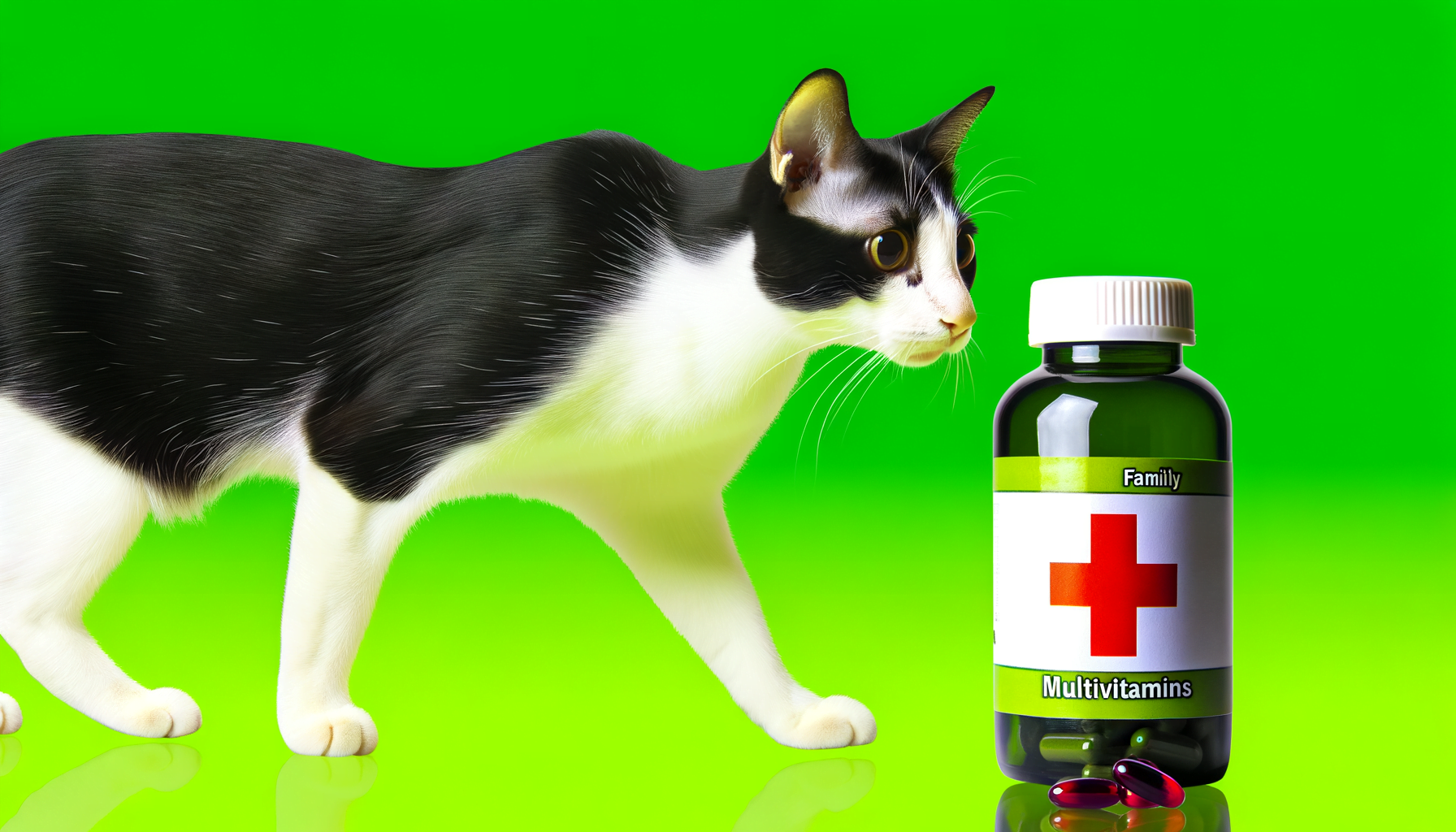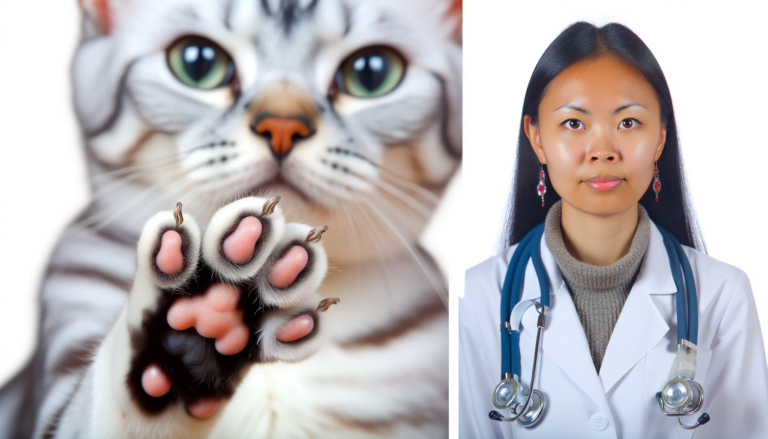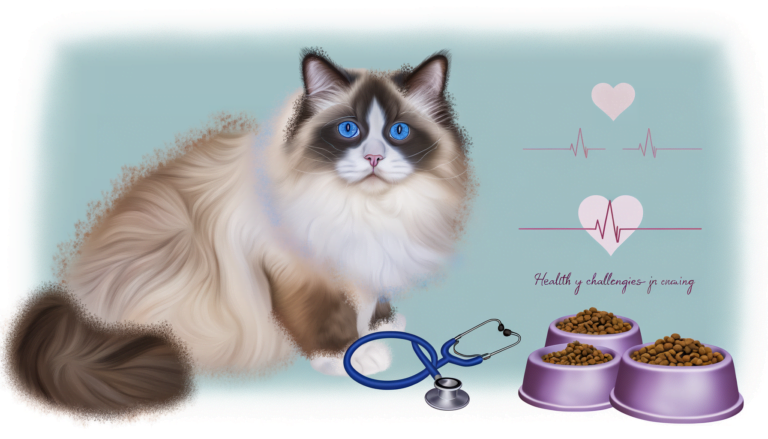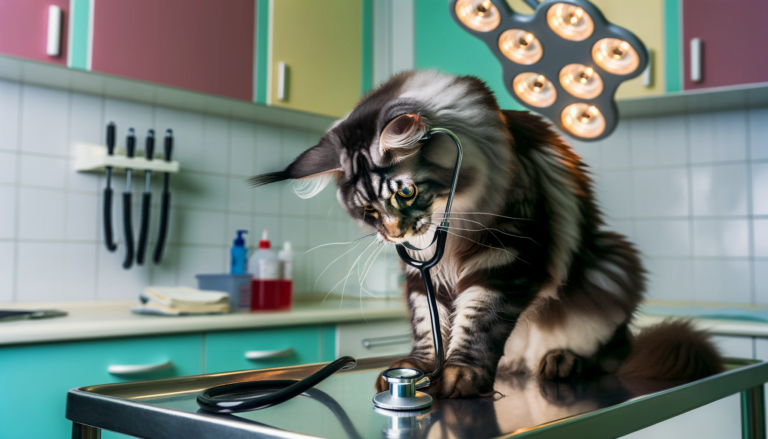Unveiling the Truth: Are Cats Detrimental to Your Health?
No, cats are not inherently bad for health. On the contrary, they can provide numerous health benefits. Studies show that owning a cat can decrease stress levels, contribute positively to emotional well-being, and even lower the risk of certain cardiovascular diseases. However, as with any pet, precautions need to be taken to ensure hygiene and prevent possible allergies. The key is responsible pet ownership, which includes regular veterinary check-ups and keeping living spaces clean and free from parasites.
Misconceptions About Cats Affecting Human Health

Cats, like any other pet, can contribute to a household in numerous ways. But misconceptions about cats troubling human health have been making rounds for quite a while. It’s essential to comprehend the disparities between fact and fiction.
Some individuals believe that cat dander may lead to a series of health issues, casting cats as somewhat harmful pets. However, these contentions are usually based on hearsay and misinformation rather than established facts. Granted, there are people with cat allergies, but the severity is often exaggerated out of proportion.
Another unfounded assertion is that pregnancy and cats don’t mix, primarily owed to the risk of toxoplasmosis. While it’s true that cats can carry the parasite causing this condition, the risk of transmission is relatively low, especially if people follow basic hygiene practices. Misconceptions such as these often overlook cats’ potential benefits on human health, creating an unfair depiction of these remarkable pets.
The Link Between Cats and Disease: Myth or Fact?

Cats, renowned for their independent and affectionate nature, can be an integral part of many households. However, there’s been growing curiosity about whether these feline companions could pose a health risk. It is essential, yet challenging, to differentiate the myths from the facts in this sphere.
Biological hazards associated with cats often stretch beyond simple allergies. Cats are carriers of certain parasites, such as the bacterium Bartonella henselae, causing the infamous Cat Scratch Disease. Toxoplasmosis, another potential concern, is a condition linked to cat feces. However, cat owners can significantly reduce these risks by maintaining good hygiene practices and keeping their pets indoors.
Notably, it is not accurate to categorically label cats as detrimental to human health based on these facts. The incidence of such diseases is generally low, particularly for those with healthy immune systems. Conversely, many studies point out the positive impact of owning cats, such as stress relief and companionship. Hence, the link between cats and disease could be more of a myth for most people, marking the importance of a balanced viewpoint.
Scientific Studies on Cat Allergies and Health Risks

In recent research, the advent of cat allergies has been intensely scrutinized. The implications are substantial; a significant percentage of the human population experiences allergenic reactions to felines. In particular, exposure to the Fel d 1 protein – a common allergen derived from the sebaceous glands of cats – has been found to trigger various allergic symptoms. These may include, but aren’t limited to, itchy eyes, sneezing, and skin rashes.
While the majority of allergic responses are relatively mild, some individuals may encounter more severe health risks. In rare instances, exposure to cat allergens can lead to anaphylaxis, a potentially life-threatening situation necessitating immediate medical attention. Corresponding studies have also identified an associated increase in asthma symptoms amongst those prone to cat allergies, emphasizing the pertinent health risks involved.
Notwithstanding these findings, it’s crucial to underscore that not all cats induce allergies. Factors such as breed, sex, and the individual’s specific immune response play a critical role in determining allergic susceptibility. Also, notwithstanding scientific discoveries, adopting a cat should be based on various considerations, and allergic reactions shouldn’t be the sole deciding factor.
Psychological Health Benefits of Owning Cats

Owning cats, a practice cherished by many, plays a significant role in enhancing the psychological health of their owners. Studies reveal that these often misunderstood creatures contribute positively to our mental wellbeing.
Cats are well-known for their calming effects. Their presence alone can decrease the stress hormone cortisol levels in our bodies, promoting a relaxed state of mind. It’s not just the interactions with these feline friends that count, even the simple act of watching their playful antics has been found to heighten mood and reduce negative feelings.
Moreover, cats invigorate a sense of purpose in their caretakers, enhancing their self-esteem by providing opportunities for meaningful engagement. This active role brings about feelings of accomplishment, comfort and security. Therefore, owning a cat not only enriches your daily routine but also bolsters your psychological health.
Conclusion
After exploring the research and data surrounding the effects of cats on human health, it seems that the truth is not as clear cut as one might expect. While some studies suggest potential risks, others indicate benefits to having feline companions. It’s important for individuals to consider their own health conditions and lifestyle when deciding whether or not to welcome a cat into their homes.
Ultimately, the impact of cats on health is a nuanced and individualized topic that requires further investigation. By weighing the evidence and consulting with healthcare professionals, individuals can make informed decisions about the role of feline friends in their lives. So, are cats detrimental to your health? The answer may not be a simple yes or no, but rather a consideration of the complexities and nuances involved.






